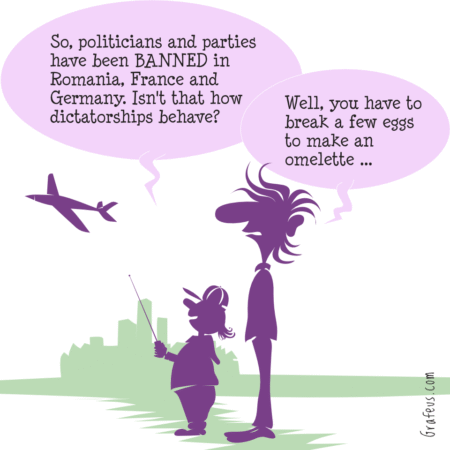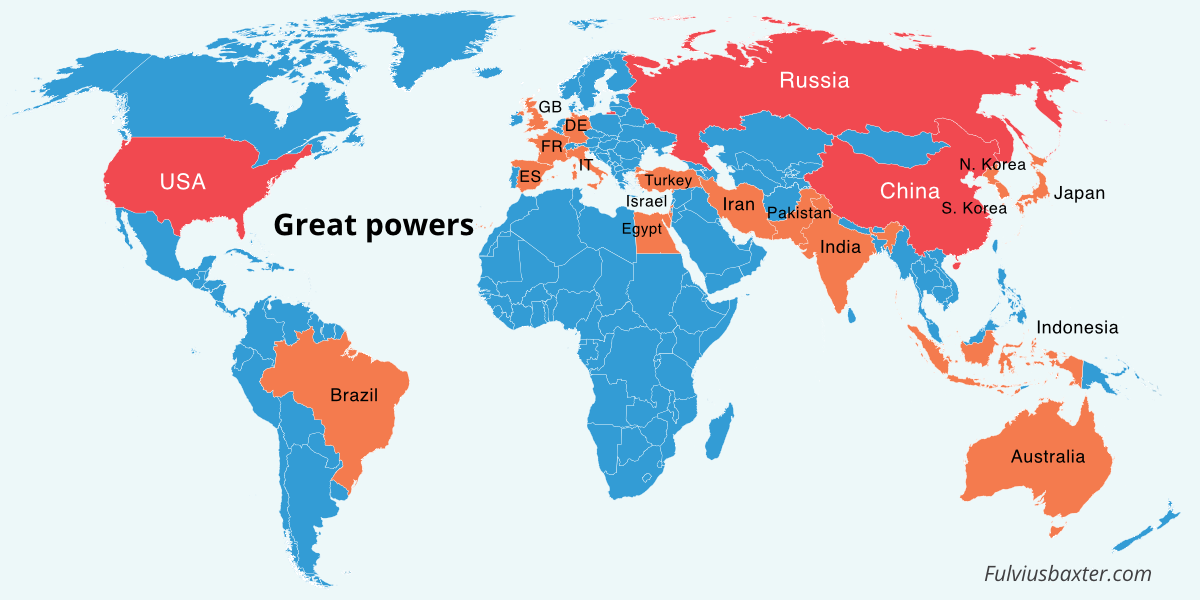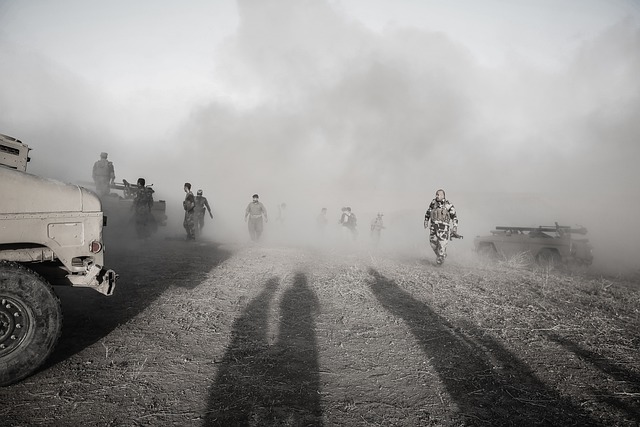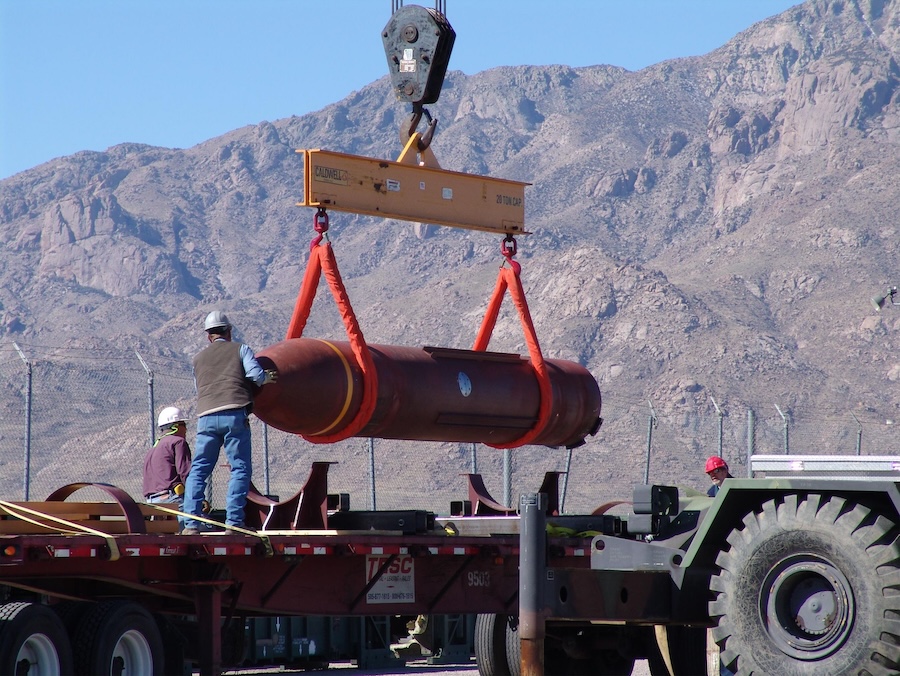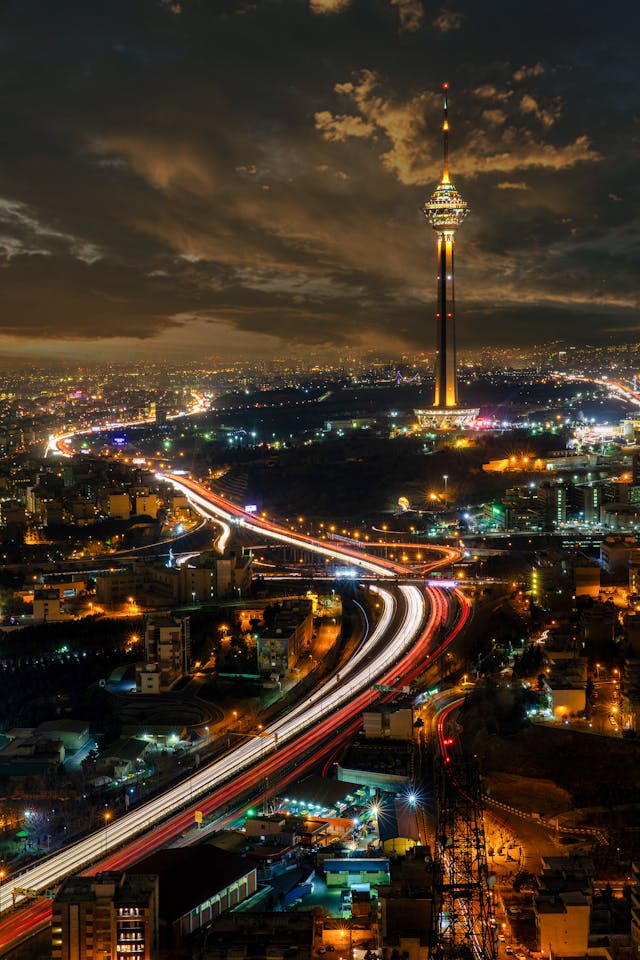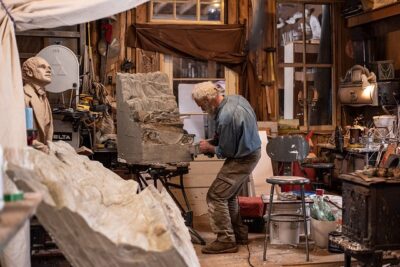 Views on labour have changed over time, and so has its meaning. Even today, the concept of ‘work’ is somewhat diffuse, as it is a multifaceted word.
Views on labour have changed over time, and so has its meaning. Even today, the concept of ‘work’ is somewhat diffuse, as it is a multifaceted word.
On the one hand, we can engage in repetitive labour, which is necessary but boring and may even expose the body and mind to harm. On the other hand, we can engage in more meaningful work that produces a lasting and significant result.
he first category of hard work and distress was experienced by slaves in ancient times, such as in Greco-Roman antiquity, but also in the Middle Ages with its slaves and serfs. And outside Europe, slavery existed until modern times, in the Ottoman Empire, the Arab world and Asia.
The Greek word for labour is closely related to their word for slavery. And we notice that there is a distinction in the perception of labour between the Protestant North and the Catholic or Orthodox South. In the North, we put more emphasis on hard physical labour, but it is not as highly valued in the southern regions. People talk about cultures based on labour or siesta, which is of course a simplified version of it.
Historically, the meaningful and important tasks were performed by the elite, and there could be several different kinds of elites. The one that comes to mind first is the nobility, who gained their positions and privileges through war and conquest. The second class was the bourgeoisie, who enriched themselves by travelling, trading and networking. We also have the clergy who oversaw religious life. And also independent farmers, who could sometimes control many farms, lands and supply products to cities and castles. Sometimes these classes could merge, there were aristocrats involved in trade, or large-scale agriculture, and some of the sons could sometimes become priests.
Perhaps the attitude of the warrior nobility can be traced back to the pre-Neolithic hunter-gatherer culture. Where hunting was central. And a prey animal could of course be acquired in different ways; the skilful hunter who was good at tracking and brought down his prey with a well-aimed arrow was of course more talked about around the campfire than the clumsy colleague who had to be content with simpler chores.
There is beautiful and important work, and there is also a lot of boring stuff that just has to be done. And this has probably been the case since the beginning of time. And it was our physical and sensory conditions that determined where we would end up in the labour hierarchy. The fast, strong and clever had natural advantages over the slow, weak and simple-minded.
You couldn’t put a bad hunter in charge of the tribe because then everyone would starve to death, so there was a natural social order based on ability and character.
This view of the human being followed us right into modern times. Perhaps it was modernism, democracy and equality that broke the ancient order? Now everyone would be involved in deciding the future of the tribe through free and open elections, and we would listen to everyone, even if they had little to contribute, because it was the community that decided whether something was important or unimportant. With modernism came relativism; suddenly knowledge could be both essential and unnecessary, depending on the political discourse and climate of debate of course.
Everyone would work on fulfilling and interesting things, everyone would have access to a good education. In the new modern world, the ugly manual labour would slowly but surely be erased. Everyone should be involved, everyone should be able to achieve self-realisation, everyone was part of the important machinery of society.
Well, perhaps these ideas were somewhat unrealistic, and many modernist society builders realised this, of course, and they never took the full step. 20th century ideologists realised that some people would never become doctors or engineers, that it was too difficult and demanding, and really only suited a few people with certain skills. The government also provided idiot asylums and nursing homes for the part of the population that could not manage on their own. And there were policemen and deputies who rounded up thieves, drunkards and vagrants. And, of course, there were many simple jobs and tasks for those who were not good at anything else.
These grandiose ideas were not the same as reality. Although the idea of total equality and a classless society, which might be realised in the distant future, was never abandoned. Perhaps in the early 2000s, when material standards and wisdom have reached their full maturity?

